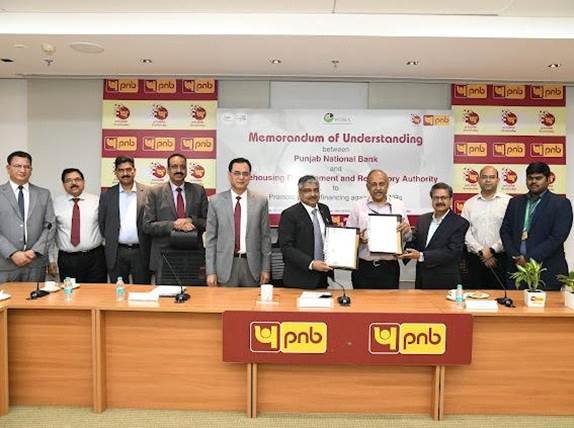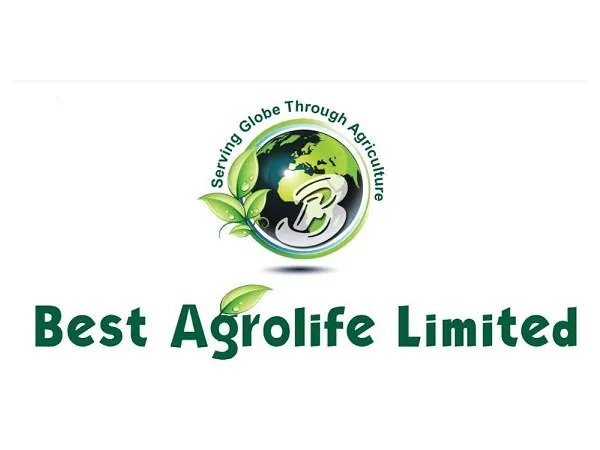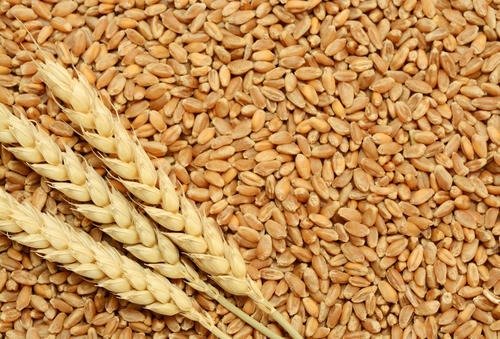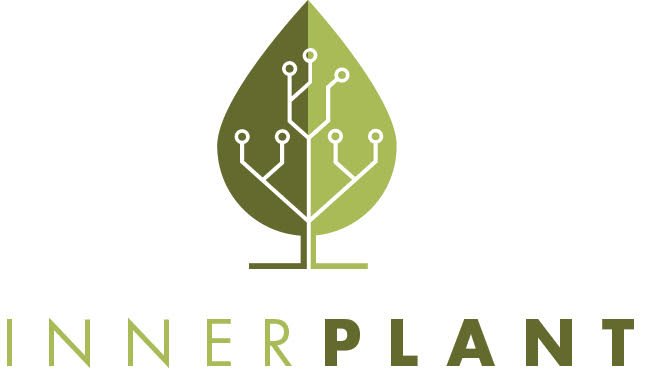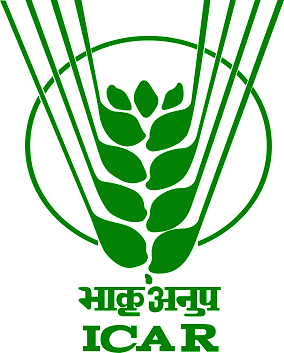Bayer and Microsoft provide ready-to-use capabilities available for businesses and organizations to license and use for their own internal or customer-facing digital solutions.
Following a 2021 strategic partnership announcement with Microsoft, Bayer launched new cloud-based solutions for the agri-food industry: AgPowered Services from Bayer in combination with the new Microsoft Azure Data Manager for Agriculture provide ready-to-use capabilities available for businesses and organizations from start-ups to global enterprises to license and use for their own internal or customer-facing digital solutions.
For example, companies that develop on-farm technologies can build on the new cloud infrastructure and core capabilities from Microsoft (Azure Data Manager for Agriculture) and license additional capabilities from Bayer (Bayer AgPowered Services) to build digital tools that support favorable agronomic outcomes for growers. Similarly, consumer goods companies can use the cloud offerings to build solutions that provide insight into nutrients, sustainability, and production practices to build trust with consumers, stakeholders and investors.
Azure Data Manager for Agriculture combines decades of Bayer’s agricultural expertise with Microsoft’s cloud solutions, advancing the industry through readymade capabilities and robust infrastructure that allow innovators to focus on differentiated value. After initial preview starting today allowing for customer exploration of both the Azure Data Manager and AgPowered Services, full commercial availability will be announced at a later date.
“Only innovation can ensure global food security while protecting the planet. Modern agriculture and food production generate a tremendous amount of valuable data that can drive productivity and sustainability,” said Dr Robert Reiter, Head of R&D for Bayer’s Crop Science Division. “However, this data is often disconnected, not useable throughout the value chain, and the costs to build digital solutions from scratch are high. Our new cloud-based solutions help overcome these challenges. Customers can use the infrastructure and capabilities to build their own digital solutions and products on top of the most robust collection of ag data in the world.”
These cloud offerings also support an ecosystem that allows for greater transparency along the whole food production value chain. This transparency, enabled through end-to-end interoperability, would make it easier for consumer goods companies to partner with growers based on how crops are raised and help consumers make more informed purchasing decisions based on origin practices. The potential to support sustainable agriculture and food production can ultimately benefit companies, farmers, consumers, and the planet.
Solutions built on Azure Data Manager can benefit farmers seeking to track disease, pest and weed pressure, apply precision inputs, identify crop growth and production patterns, measure potential yield, track and capture carbon emissions, and analyze heat stress impact, rainfall, hail and weather data. In addition to bringing the first AgPowered Services to the cloud offering, Bayer is using capabilities from Azure Data Manager to power insights in FieldView.
Using these cloud-based enterprise solutions, value chain partners will be able to apply insights into supply projections, sustainable sourcing, and ESG reporting. They will also be able to meet quickly changing consumer preferences for fresh, high-quality ingredients with data driven insights that allow for optimization of harvest, transport, and ripening processes as well as advanced traceability of food ingredients.
“This is an important step towards accelerating the impact of big data and agriculture. With high-quality data fueling insights, we expect to see a value chain that is more predictable, more transparent, and importantly, where value is shared all the way back to producers,” said Jeremy Williams, Head of Climate and Digital Farming at Bayer’s Crop Science Division.
Bayer and Microsoft provide ready-to-use capabilities available

